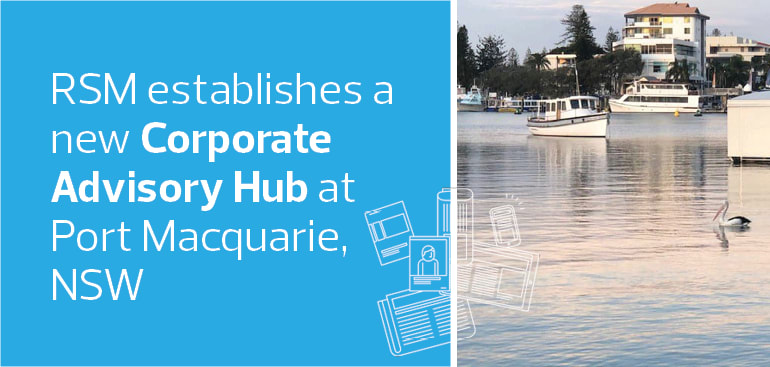Due Diligence
The due diligence process provides a detailed review of a target business from a financial and commercial perspective, adding value by focusing on the key issues likely to affect the decision to proceed with the acquisition and those factors which affect the price.
We have developed a tailored due diligence methodology that enables us to provide a value added service by focusing on the key issues relating to your transaction, the target business and the impact of the acquisition on your business.
Our methodology ensures that we:
- Identify the key issues. These key points will assist you in the decision as to whether to continue with the acquisition through the identification of deal breakers. The identification of these issues is also critical in enabling you to negotiate the final consideration to be paid for the business;
- Evaluate the purchase price through a detailed review and appraisal of financial projections and the assumptions underpinning the projections;
- Review the implications of the proposed transaction structure and advise on alternative structures which may be more attractive from your perspective as a potential purchaser; and
- Advise on the financial, taxation and commercial aspects of the purchase agreement. Such agreements often contain financial mechanisms and clauses which can impact upon the purchase price. We work closely with your legal advisers to ensure that the purchase agreement includes the necessary protection that you require when buying a business.
Our financial due diligence team comprises specialists who are deeply committed and experienced in providing:
- Due diligence for investors, banks and private equity houses (e.g. when considering funding a management buy out);
- Due diligence for corporate acquirers, in which case we report to the acquirer and, where appropriate, their funders;
- Vendor due diligence, this is commissioned by a vendor, but remains a robust independent review upon which a purchaser can ultimately place legal reliance. It identifies potential issues and reduces the probability of these being used by a purchaser to reduce the price. This is because they can be presented in a managed way by the vendor, rather than being identified by the purchaser and used as a negotiating tool against the vendor.
The specifics of the deal always determine the scope of financial due diligence. However, the process typically includes:
- An in depth analysis of underlying historic performance, cash flows, assets and liabilities;
- A critique of management's forecasts, including the working capital requirements of the business;
- A review of the underlying financial systems and controls; and
- Analysis of the taxation position of the business.
Our reports will also include:
- A summary of the key issues that have been identified by our work; and
- Our views on the associated risk and implications for the deal, including integration and other post deal issues where appropriate.














